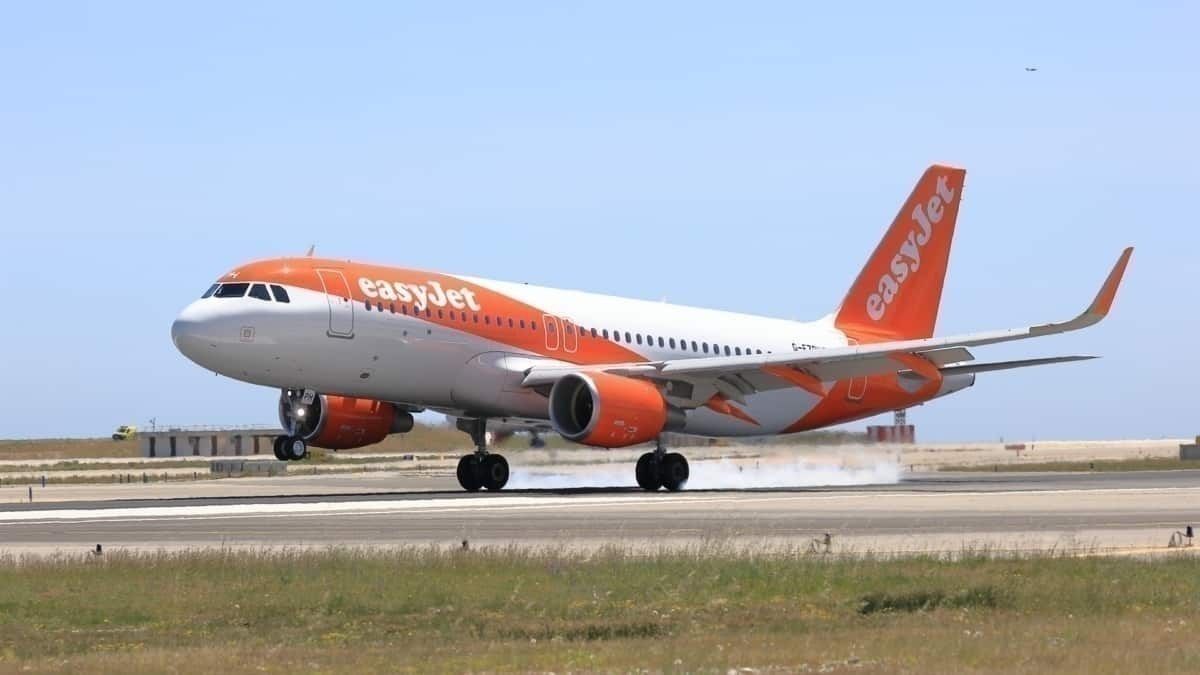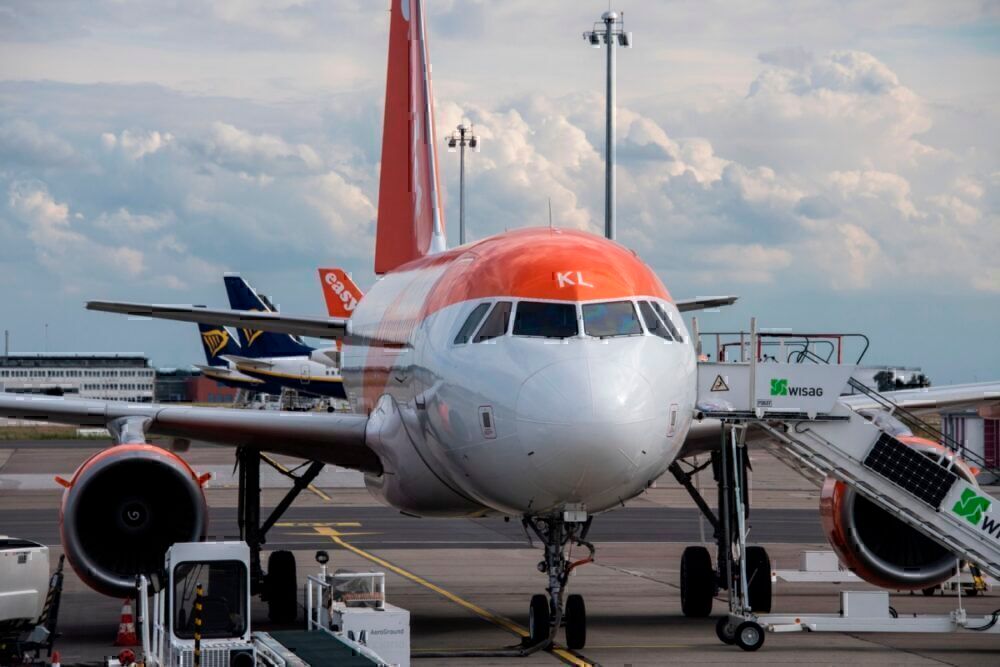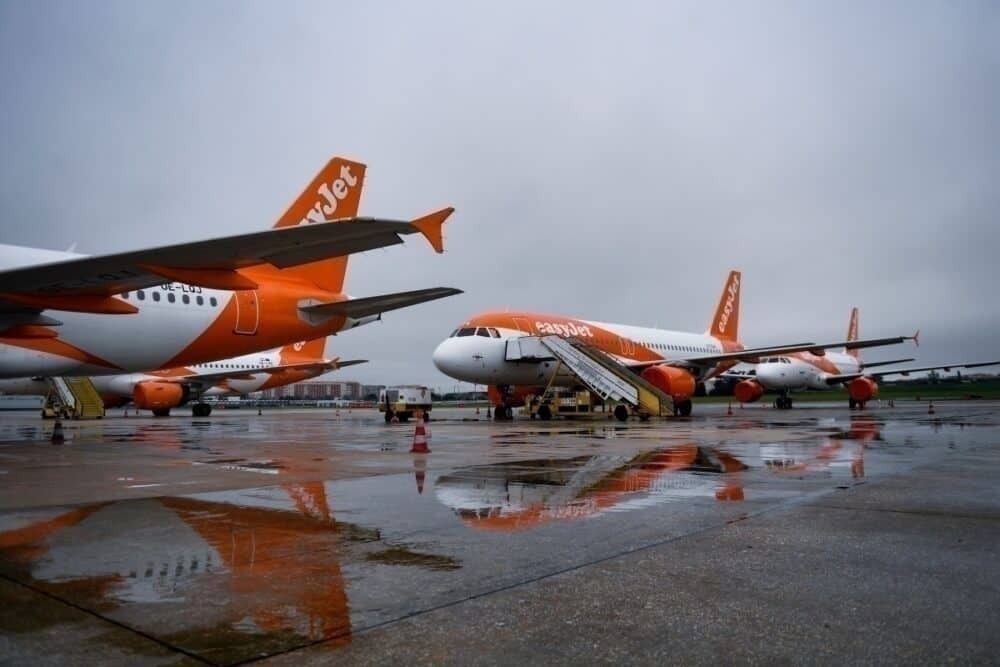On Tuesday, easyJet announced the sale-and-leaseback of another nine of its Airbus A320 jets. The latest move in the carrier's efforts to bolster liquidity through aircraft sales will generate £306 million in cash.
The details of the deal
In a bid to shore up its finances through the prolonged pandemic, budget carrier easyJet has sold another nine aircraft to lessors. The latest sale-and-leaseback agreements are for two transactions of Airbus A320 jets and will raise £306 million ($399 million). easyJet will lease the planes back until they are ten years of age.
The airline has made one deal for the sale of five A320s to Dublin-based Wilmington Trust SP Services. This sale will generate cash proceeds of £147 million ($191 million), creating leasing obligations of just about £124 million ($161 million).
The remaining four A320s will go to another Irish lessor, Sky High 112 Leasing Company. This deal will provide easyJet with £159 million ($208 million) and create leasing obligations of £108 million ($141 million).
Stay informed: Sign up for our daily aviation news digest.
Not the first sales to raise liquidity
This is not the first sale-and-leaseback agreement the carrier has entered into in a rush to boost liquidity. In June, during what we had hoped would be the height of the crisis, easyJet struck a deal for six of its new A320neo aircraft.
Lessor SMBC Aviation Captial, Japanese-owned but also based in Dublin, agreed to purchase the aircraft and lease it back to the airline. The deal generated £206 million ($255 million) in cash for the carrier.
In August, it sold another five of its A320neos to lease them back from Jin Shan 37 Ireland Company, a division of Bocomm Leasing, in turn, a wholly-owned subsidiary of the Chinese Bank of Communications. That sale-and-leaseback agreement raised £203 million ($266 million).
44% of the fleet remains unencumbered
All-in-all, before today's announcement, easyJet had sold and leased back a total of 23 aircraft, providing it with £680 million ($886 million) in emergency funds. Following the latest transaction for the nine A320s, the carrier said it would retain 152 fully-owned and unencumbered aircraft, representing approximately 44% of its fleet.
However, easyJet does not exclude more aircraft sales further down the line.
"easyJet will continue to review its liquidity position on a regular basis and will continue to assess further funding options, including those that exist in the robust sale and leaseback market," the airline reiterated in its statement on Tuesday.
How many more will follow?
Like all airlines across the globe, easyJet's finances have suffered at a previously unimaginable scale over the past two quarters. Earlier this month, the carrier announced its first-ever annual loss.
While the European market showed tentative signs of recovery towards the end of summer, the second wave of coronavirus cases and subsequent quarantine measures for the UK has been another blow to its already struggling airlines. With the pandemic showing no signs of abating, it is not unthinkable that easyJet will need to let more of its planes go within the near future.
What do you think of sale-and-leaseback agreements as a means of generating cash? Let us know your thoughts in the comments.



